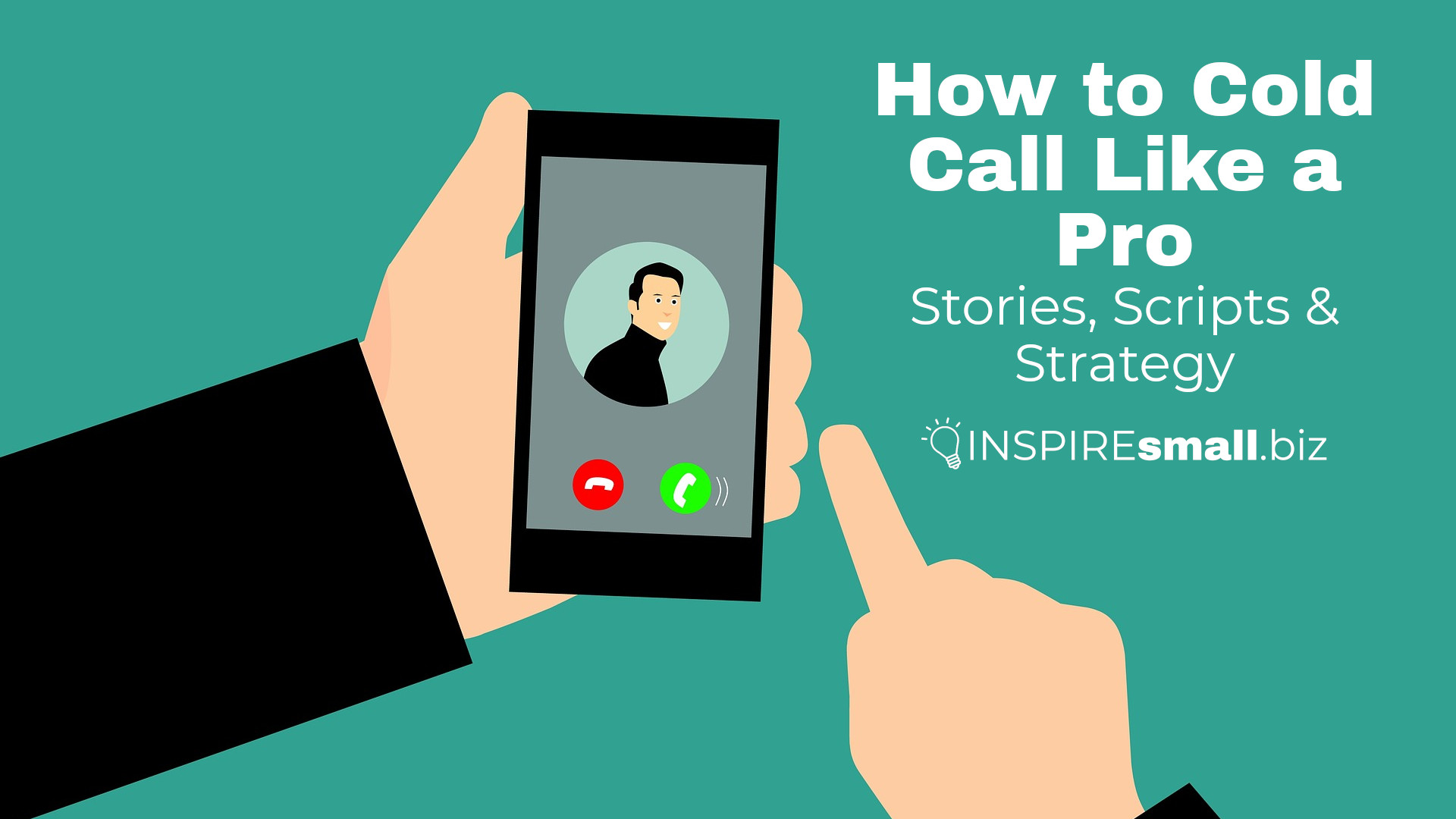Marketing is a vital component of any small business’s success, but it doesn’t have to break the bank. With creativity, strategic thinking, and a focus on cost-effectiveness, small business owners can implement impactful marketing initiatives without spending a fortune. In this article, we’ll explore budget-friendly marketing ideas that can help small business owners reach their target audience, boost brand awareness, and drive sales.
1. Leverage Social Media Platforms
Social media is a powerful and cost-effective tool for small businesses to connect with their audience, showcase their products or services, and build brand loyalty. Create engaging content such as posts, images, videos, and stories that resonate with your target market. Utilize platforms like Facebook, Instagram, Twitter, LinkedIn, and Pinterest to share valuable content, engage with followers, run promotions, and drive traffic to your website.
Encourage User-Generated Content
Harness the power of user-generated content by encouraging your customers to share their experiences, reviews, and testimonials. Create branded hashtags and encourage customers to post photos, videos, or reviews of your products or services on social media. Highlight user-generated content on your website, social media pages, and marketing materials to build social proof, credibility, and trust among potential customers.
2. Optimize Your Website for Search Engines (SEO)
Improve your website’s visibility and attract organic traffic by implementing search engine optimization (SEO) strategies. Conduct keyword research to identify relevant keywords for your business, optimize meta titles and descriptions, create high-quality content, and build backlinks from reputable websites. A well-optimized website can rank higher in search engine results pages (SERPs), increase organic traffic, and attract qualified leads interested in your products or services.
Tap into Local SEO and Online Directories
Optimize your online presence for local search by claiming and optimizing your Google My Business listing, creating profiles on online directories (e.g., Yelp, Yellow Pages), and ensuring consistent business information across platforms. Local SEO strategies can help your business appear in local search results, attract nearby customers, and drive foot traffic to your physical location.
3. Utilize Email Marketing
Email marketing remains a cost-effective and efficient way to engage with your audience, nurture leads, and drive conversions. Build an email list of interested prospects and customers, and send out regular newsletters, promotional offers, product updates, and personalized content. Use email marketing platforms like Mailchimp, Constant Contact, or Sendinblue to create professional-looking emails, track performance metrics, and automate campaigns for maximum efficiency.
4. Collaborate with Local Businesses
Forge partnerships and collaborations with complementary businesses in your local community to expand your reach and attract new customers. Cross-promote each other’s products or services, co-host events or workshops, offer bundled packages or discounts, and leverage each other’s networks and customer base. Collaborative marketing efforts can enhance brand visibility, build goodwill, and create mutually beneficial opportunities for growth.
Offer Referral Incentives
Encourage word-of-mouth referrals by offering incentives or rewards to customers who refer new business to you. Create a referral program that rewards both the referrer and the new customer with discounts, freebies, or exclusive offers. Referral programs can help generate leads, increase customer loyalty, and amplify your marketing reach through satisfied customers advocating for your business.
5. Create Valuable Content
Content marketing is a cost-effective way to establish authority, educate your audience, and attract inbound leads. Create valuable and informative content such as blog posts, articles, how-to guides, infographics, and videos that address common pain points, answer questions, and provide solutions. Share your content on your website, social media channels, and email newsletters to engage with your audience and showcase your expertise.
Host Events or Webinars
Organize events, webinars, or workshops on topics relevant to your industry or target audience. Use platforms like Zoom, Google Meet, or Microsoft Teams to host engaging and interactive sessions that provide value to attendees. Promote your virtual events through social media, email marketing, and your website to attract participants, generate leads, and showcase your expertise while building relationships with prospects.
Monitor and Analyze Performance Metrics
Track and analyze key performance metrics for your marketing efforts to measure success, identify areas for improvement, and optimize your strategies. Use tools like Google Analytics, social media analytics, and email marketing platforms to monitor website traffic, engagement metrics, conversion rates, and return on investment (ROI). Data-driven insights can inform decision-making, refine your marketing tactics, and maximize your marketing budget’s impact.
Small business owners can achieve impactful marketing results on a budget by leveraging digital tools, fostering collaborations, creating valuable content, and engaging with their audience effectively. By prioritizing cost-effective strategies, monitoring performance metrics, and adapting to evolving market trends, small businesses can build brand awareness, attract customers, and drive business growth without breaking the bank.



